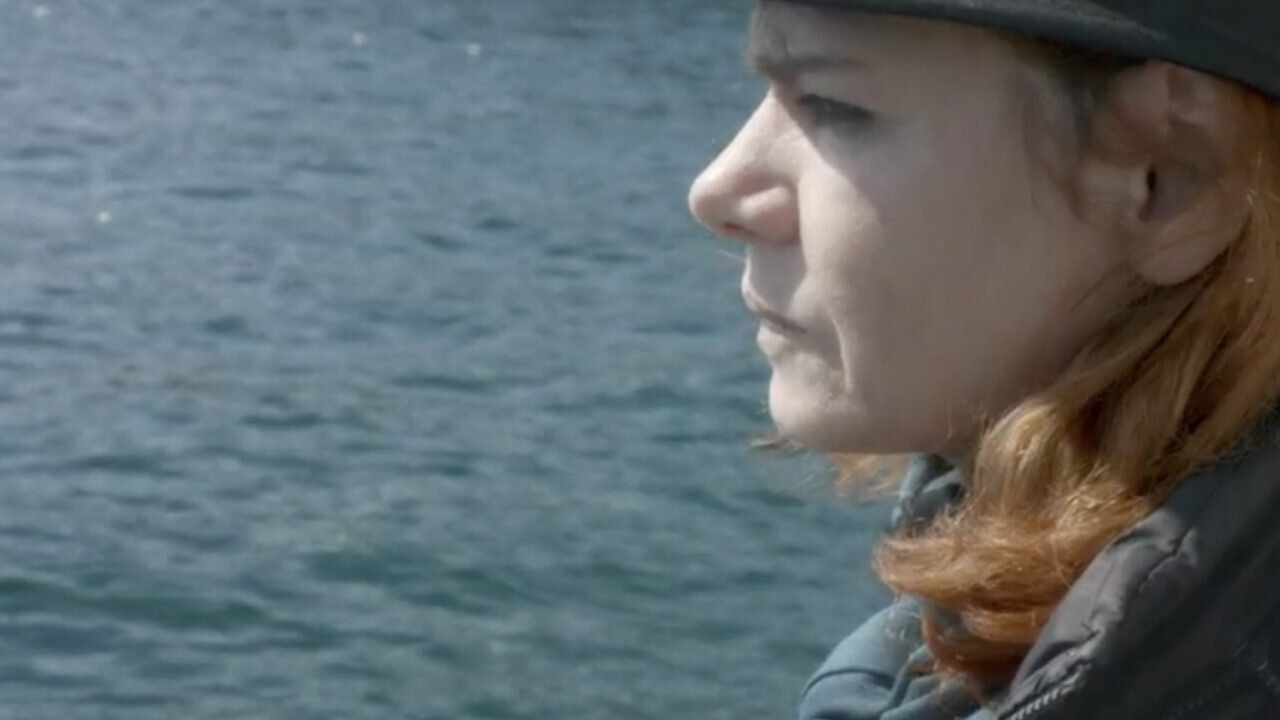Celebrate and Read the Works of Women Writers from Turkey

Turkey is making the headlines on a daily basis for its persecution of innumerable writers, journalists, academics, intellectuals but also any citizens who dare to speak out against the government. Resisting official narratives and standing up to those in power has been a decades-long reality for many writers in Turkey, and while one hopes a country will move forward towards a more democratic society, today’s climate shows the opposite happening, and not only in Turkey. It is in this difficult political context that affects all members of society that many writers attempt to have their voice be heard, to express their views and their imagination. I invite you to celebrate and read the works of three very different contemporary women writers from Turkey, in both fiction and non-fiction, translated into English in the past ten years.
Asli Erdoğan
“For some, writing is a lifestyle; for me, it is an act of survival. I have to write to be able to continue living,” says writer and columnist Asli Erdoğan in the video interview below. She has a rich literary oeuvre including novels, novellas and short stories, yet, very little of her work is available in English. In 2016 she was widely covered in the international press when she was imprisoned by the Turkish government under charges of terrorism for the columns she had written for the now-shuttered daily newspaper Özgür Gündem. Only The City of Crimson Cloak, translated by Amy Spangler, was available until now. This is fortunately going to change, with The Stone Building and Other Places, translated by Sevinç Türkan to be published this autumn. In this book of interlinked stories, Erdoğan tackles the very complex and painful subject of torture and imprisonment in a subtle manner, without ever falling into a cheap narrative of suffering. Her novel, The City of Crimson Cloak takes place in Rio, a city where Erdoğan lived during the time when she was working on her PhD as a physicist. The main theme of this novel is the body, as she explained in an interview: “Usually the way I treat the body is as a wound. My protagonists, women most of the time – although I do write about men too – are usually wounded, or visibly scarred. The whole city of Rio is used as the main protagonist’s body, also as a prison – the enlargement and contraction of the self. As if her body is reflected onto the city. It’s a game of mirrors between her and the city and they are reflecting each other. The body exists in all its secretions – it is rare in literature to read about women’s bodily fluids. It becomes more and more oppressive on the reader. Violence is one of the themes I tackle, in many indirect ways, first embedded in the language. Even in my columnist work, I try to use what I learned from writing The City in Crimson Cloak.”
While dealing with extremely complex, tragic and wounded individuals and situations, Asli Erdoğan always manages to put the humanity and fragility of her characters first.
Perihan Mağden
Perihan Mağden is one of the most perceptive observers of popular culture and media in Turkey, and an incisive chronicler of their effect on society both as an essayist and a fiction author. Five of her novels are currently available in English: The Messenger Boy Murders, translated by Richard Hamer, Two Girls, translated by Brendan Freely – and adapted to the cinema by Kutluğ Ataman, Escape, translated by Kenneth Dakan, and Ali and Ramazan, translated by Ruth Whitehouse. Throughout her work Mağden tells the story of those that society forgets, such Ali and Ramazan, the two orphan boys who fall in love, or Behiye and Handan, the anguished teenagers lost in the immense city in her novel Two Girls. All these characters are lost within an intolerant society towards those who are different or in need, forgotten and rejected by the government, the military, or their parents. The extraordinary impact of Perihan Mağden’s portrayal of these characters stems from her depiction of the human and not the victim; she never falls into easy sentimentality or clichés. Perihan Mağden does not want you to cry about the fate of these characters, rather, she reminds us of their, and also our, humanity. While often based in difficult societal and political contexts that can differ from what can be experienced by the readers of her work in translation, Mağden’s characters carry a universal language and message about the human condition.
Nurdan Gürbilek
Nurdan Gürbilek is one of the foremost cultural critics of Turkey. A brilliant academic, thinker and writer, she is the author of eight collections of essays written between 1992 and 2015. A selection of these essays was published in English as Living in a Shop Window: The New Cultural Climate in Turkey, translated by Victoria Holbrook. Gürbilek’s work is essential reading for anyone who is interested in trying to understand Turkey’s cultural and political climate today. Her writing dissects cultural expression in the years following the 1980 military coup, as she looks at literature, popular culture, and politics through a sociological and philosophical eye. As the renowned Turkish academic Jale Parla puts it, “From the exhibited corpse of a murdered pornography artist to the tamed and agonized picture of an anonymous child that decorates the walls of the Anatolian coffee houses, Gürbilek presents a gallery of portraits that reveal the cultural codes of a society that experienced - and is still experiencing - the impacts of a series of upheavals and radical transformations...”
This overview piece was published in 20 December 2017 on the now decommissioned site Bookwitty.com.
Writer, Literary Translator, Artist based in Amsterdam.
Canan (she/they) publishes a newsletter and podcast titled The Attention Span, taking the time to reflect, to analyse and to imagine our societies through writing, art and culture.